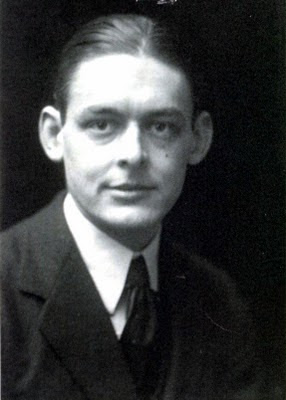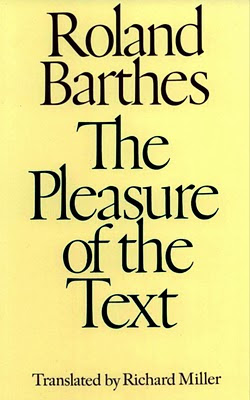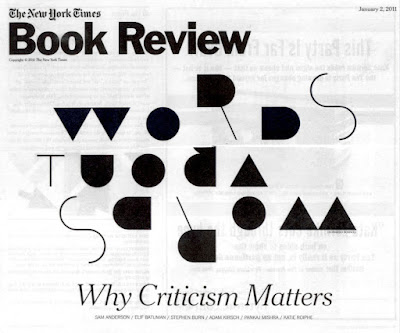Six Days

Watching the Egyptians take to the streets of Alexandria and Cairo this week, I am contemplating what people will do to change their lives. And, I wonder if Americans have the strength to change theirs. Do we have what it takes against bullets, tanks, and tear gas? Or maybe it is just as simple as making a commitment to live differently. Egypt has had years of Hosni Mubarak’s leadership, or lack thereof. Unemployment is very high, and most of the middle class and poor must make do on a few dollars per day. The country is bereft of new ideas, new thinking, of open doors of opportunity. The rest of the world awakens to the burning façade of Egypt’s stability and a populace clamoring for fresh ideas, a new start, and a reformed government. Doesn’t sound familiar? The American government is involved in an extended game of tit for tat, Republicans and Democrats. We have our own extremists fringe group, only they’re called the Tea Party . They are obsessed with returning America to the myt







